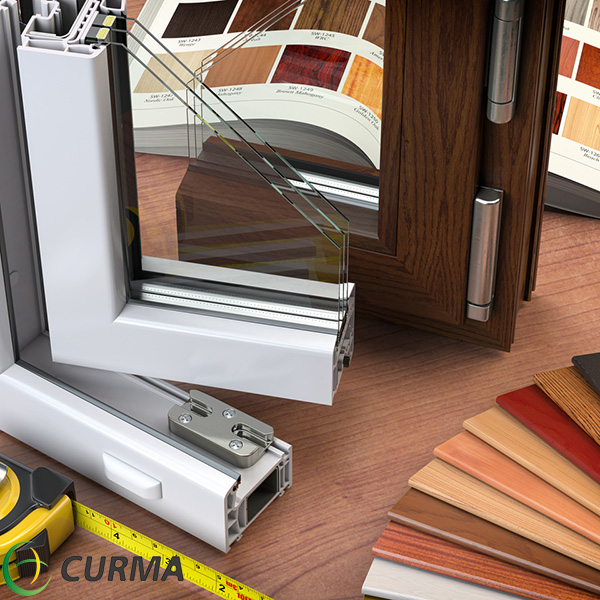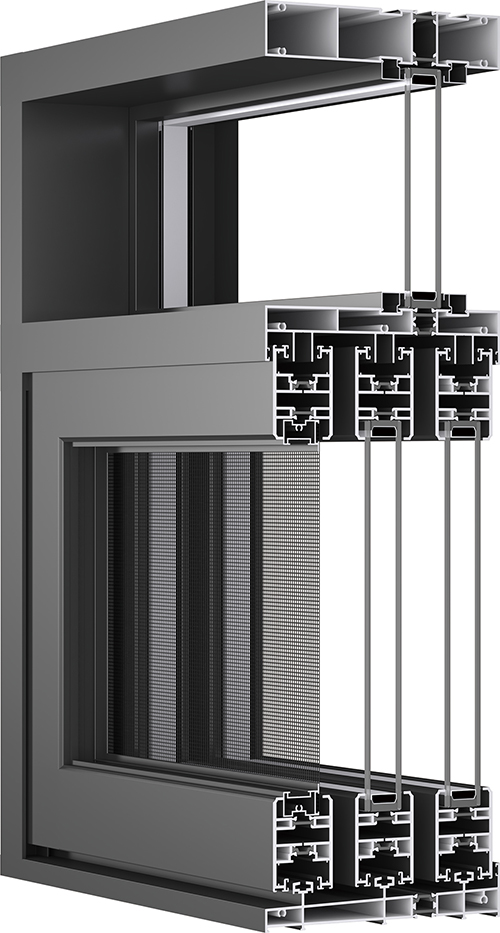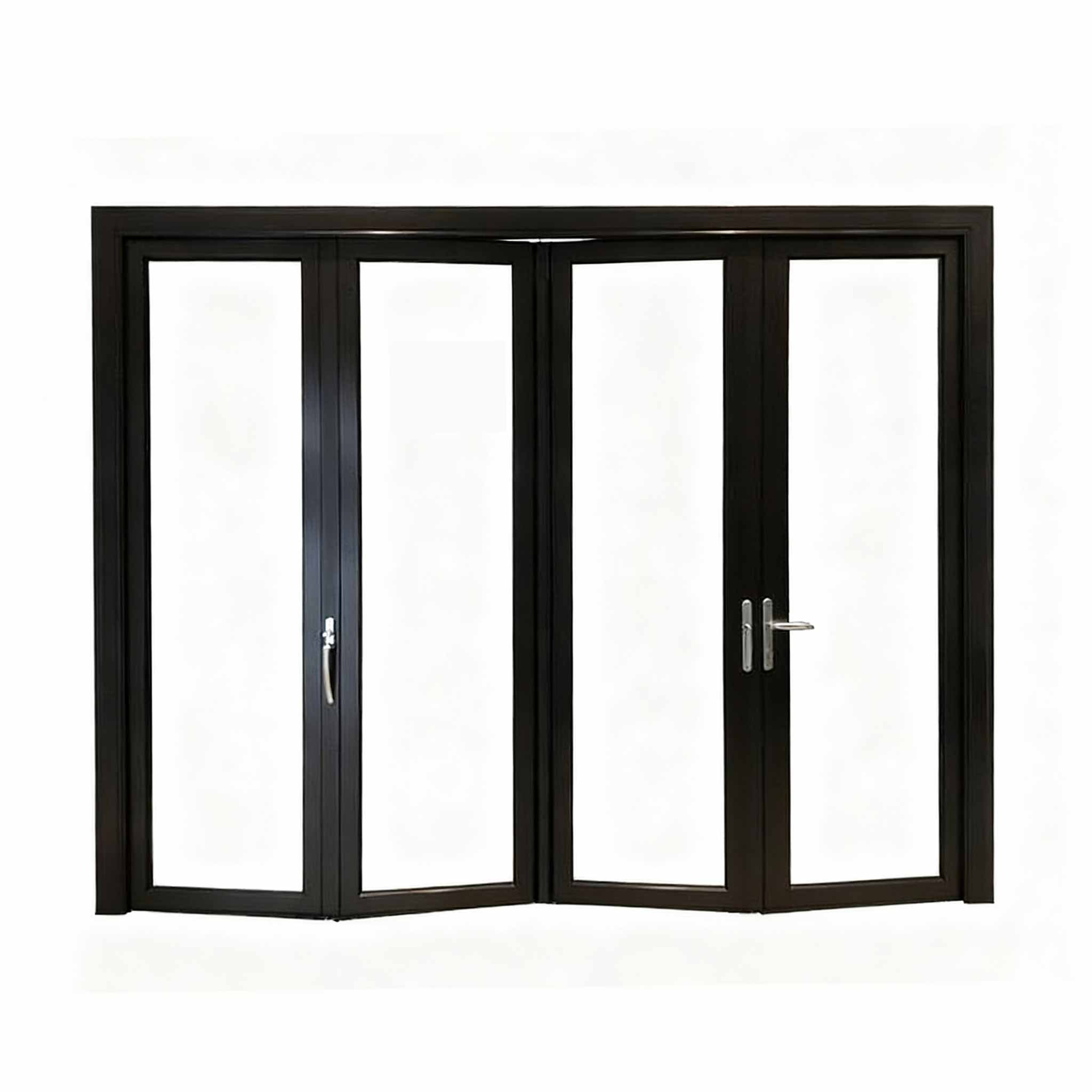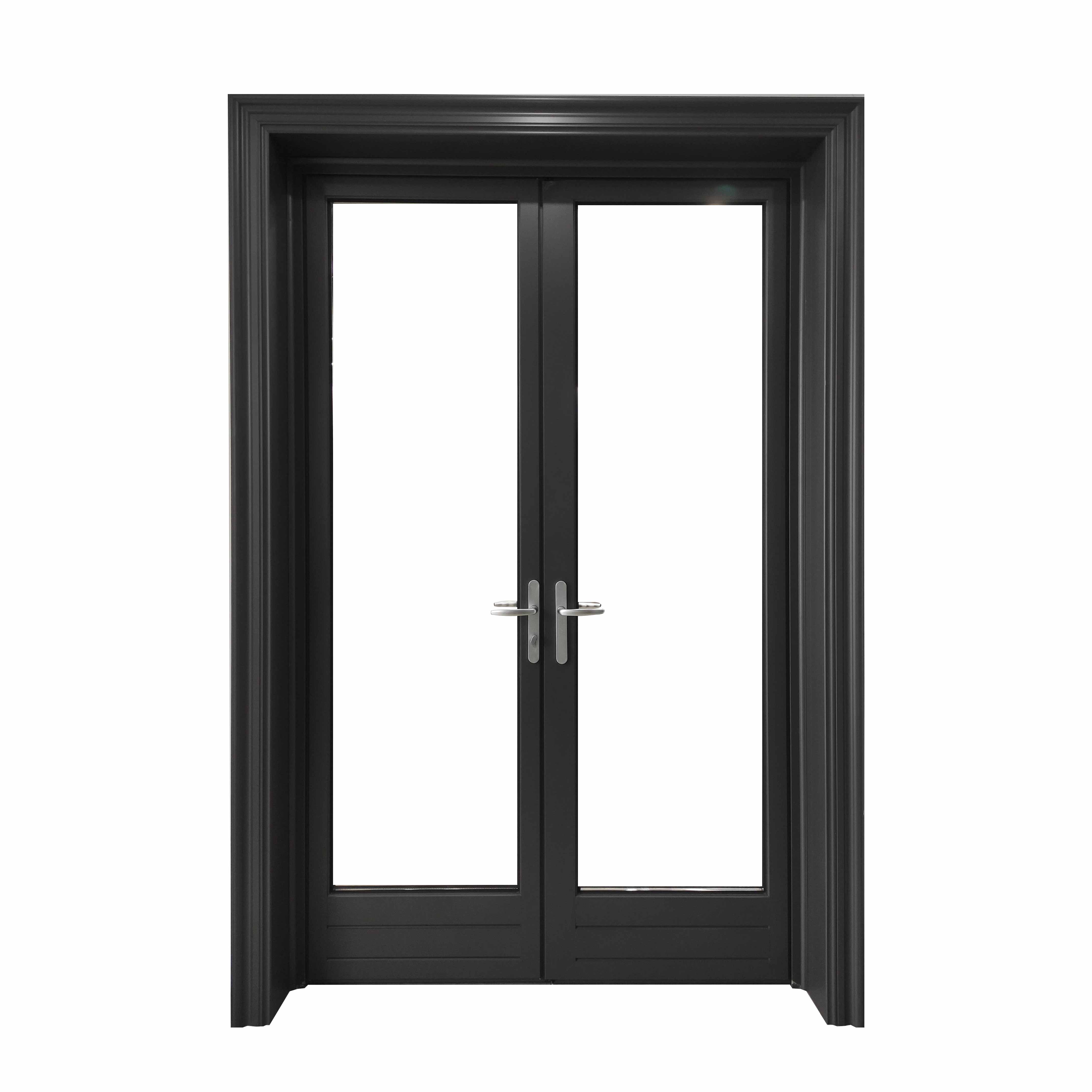Selecting the right aluminium open window or fixed-frame design for your home or commercial space requires careful consideration of profile thickness. The thickness of domestic aluminium windows and industrial aluminium windows significantly impacts durability, energy efficiency, and noise reduction. With various options available, how do you determine the best thickness for your needs?
This guide explores the ideal thickness for sound proof aluminium window systems, the role of aluminium window glass, and key factors to consider when choosing between residential and industrial-grade profiles.
1. Understanding Aluminium Window Thickness: Key Measurements
The thickness of an aluminium open window or fixed-frame unit is determined by the profile's wall thickness, measured in millimeters (mm). This measurement affects structural integrity, thermal performance, and noise insulation. Common thickness categories include:
- 1.2mm to 1.4mm (Light-Duty Windows) – Suitable for domestic aluminium windows in low-wind areas. These are cost-effective but less durable in extreme weather.
- 1.6mm to 2.0mm (Standard Residential & Commercial Windows) – Ideal for most homes, offering better strength and resistance to warping.
- 2.0mm and Above (Industrial & High-Security Applications) – Used in industrial aluminium windows, high-rises, or hurricane-prone regions for maximum stability.
The thickness of aluminium window glass also plays a role. Double or triple glazing enhances insulation, especially when paired with thicker frames (1.8mm+).

2. Factors to Consider When Choosing Aluminium Window Thickness
A. Climate and Weather Resistance
For coastal or high-wind areas, thicker aluminium open window profiles (1.8mm+) prevent bending and corrosion. Industrial aluminium windows often use 2.5mm+ for extreme conditions.
B. Energy Efficiency and Thermal Breaks
Thicker domestic aluminium windows (1.6mm+) with thermal breaks reduce heat transfer, improving energy efficiency. Pairing them with insulated aluminium window glass maximizes performance.
C. Noise Reduction Needs
A sound proof aluminium window requires:
- Minimum 1.8mm thickness
- Laminated or double-glazed aluminium window glass
- Rubberized seals for airtight closure
D. Security Requirements
Thicker frames (2.0mm+) resist forced entry, making them essential for ground-floor aluminium open window installations.
E. Budget vs. Long-Term Value
While thicker industrial aluminium windows cost more, they last longer and reduce maintenance expenses.
3. Benefits of Choosing the Right Aluminium Thickness
A. Enhanced Durability for Harsh Conditions
Industrial aluminium windows (2.0mm+) withstand heavy usage, making them ideal for factories and high-rises.
B. Superior Noise Insulation
A sound proof aluminium window with 1.8mm+ thickness and acoustic glass reduces noise by up to 50%.
C. Improved Thermal Efficiency
Thicker domestic aluminium windows (1.6mm+) with thermal breaks cut energy costs by 20-30%.
D. Increased Property Value
High-quality aluminium open window systems boost curb appeal and resale value.
E. Custom Design Flexibility
Thicker frames allow for larger aluminium window glass panels, enhancing natural light.

Selecting the Best Thickness for Your Needs
- Standard homes: 1.6mm–1.8mm domestic aluminium windows
- Noisy areas: 1.8mm+ sound proof aluminium window with double glazing
- Commercial/industrial use: 2.0mm+ industrial aluminium windows
- Maximized views: Slim-profile aluminium open window with reinforced glass
Consult a specialist to ensure compliance with local standards. The right thickness ensures longevity, efficiency, and performance for decades.


